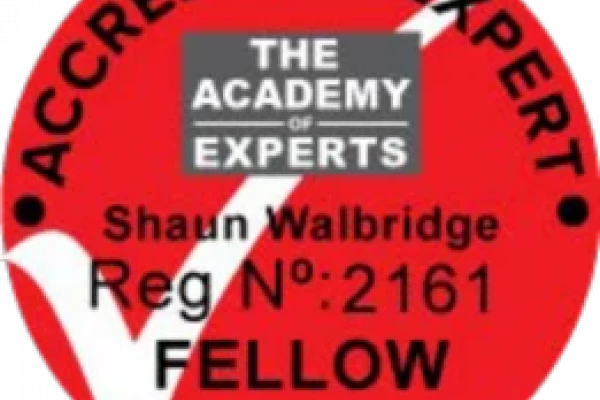
-
About us
Our Experts
- Services
- International Services
-
Experts' directory
- Articles & blog
- Contact us

Articles & Blog
Topical issues from the world of Forensic Accounting

So, What Does a Forensic Accountant Do?
If you ask somebody what their job or profession is, after they have answered, you will probably have a general idea of what they do and will possibly know someone who does that or even have seen it featured in a programme on television.

Forensic Accounting – A Hot Job?
The words “hot” and “accounting” are not usually found in the same sentence, but in a corporate world that is increasingly filled with brazen criminal behaviour, forensic accounting is a hot job.
Forensic Accountancy...Not So Elementary?
In the immortal words of Sherlock Homes the solution to a case was “elementary.” In our modern complex financial world, it is anything but the case.

Cryptocurrency - Forensic Accountants as Expert Witnesses
As cryptocurrency adoption has grown, there has been increasing demand from legal professionals for expert witnesses that are qualified to opine on nuances involving cryptocurrency in court

The Contractual Disclosure Facility (CDF) – your options
The Contractual Disclosure Facility (CDF) offers you the chance to disclose any deliberate loss of tax to HMRC
Guidance on Joint Statements
The Purpose of the Joint Statement of Experts (“JSE”) is to assist the Court or Tribunal by setting out in concise form what the Experts can agree upon, thereby narrowing the issues in contention, and what they cannot agree upon and their reasons for disagreeing with another Expert on an issue.

The Academy of Experts - a personal perspective
TAE provides accreditation of Expert Witnesses and a comprehensive range of training courses to enable members and others to develop their expert skills. TAE is also a training and accreditation body for ADR Neutrals, including Mediators, Conciliators and Expert Determiners.
A new year in the offing and at last, a new web site!
Matrix Forensic launch their revamped website incorporating the latest in web design, with cross platform application capability (...it works on your mobile too!).

CRIME & CRYPTOCURRENCY - OF IT'S TIME
Cryptocurrency is a real threat in the fight against crime - Forensic Accountants can help in criminal proceedings...
Re: Artemas Joseph Holdings Limited (AJHL) - [2024] EWHC 850 (Ch)
Two forensic accountants instructed to value the transfer of Tilon CG Limited (TCGL) out of its holding company AJHL to the holding company Tilon Holdings Limited (THL) - one expert's report rejected

Insights into instructing the right Expert for your case
Instructing the right expert is a crucial part of case management - see our 8 tips for choosing an expert for your case.

"Forensic Accounting"
“Forensic Accounting” - What do you think of when you hear the term?
Featured articles

So, What Does a Forensic Accountant Do?

Forensic Accounting – A Hot Job?
Forensic Accountancy...Not So Elementary?

Cryptocurrency - Forensic Accountants as Expert Witnesses

The Contractual Disclosure Facility (CDF) – your options
Guidance on Joint Statements

The Academy of Experts - a personal perspective
A new year in the offing and at last, a new web site!

CRIME & CRYPTOCURRENCY - OF IT'S TIME
Re: Artemas Joseph Holdings Limited (AJHL) - [2024] EWHC 850 (Ch)

Insights into instructing the right Expert for your case

"Forensic Accounting"
Contact Us Today
For further information or assistance, please contact Shaun Walbridge on 07775 712961 or Stephanie Kenyon on 07801 994459
or call 0203 463 1910
© Matrix Legal & Forensic Services Ltd - 2025
Website designed and developed by morphsites®
This website uses cookies to ensure you get the best experience. Learn more